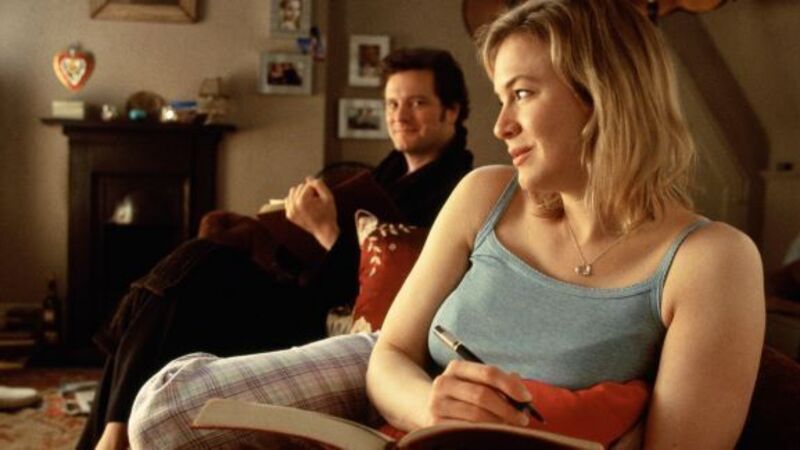Keeping up with Ms Jones

It is the evening of the publication of Mad About the Boy, Fielding’s first novel in 10 years, which has reached number one in the book charts. Fielding has already been on the One Show and the 6 o’clock radio news. Fielding is at this draughty hall in Primrose Hill to talk with veteran broadcaster, Sue MacGregor, to raise money for her local community library.
Initially panned by the critics as inauthentic, anti-feminist and an unrealistic portrayal of a now middle-aged Bridget, Mad About the Boy is slowly beginning to receive positive reviews. Fielding’s long, gold chain glitters, catching the light as she smiles, and she is seemingly unperturbed by negative reactions to the book. She dealt with criticism after the publication of Bridget Jones’s Diary, in 1996. “We’ve got to be able to have comic heroines without being so terribly anxious about what it says,” she said then.











